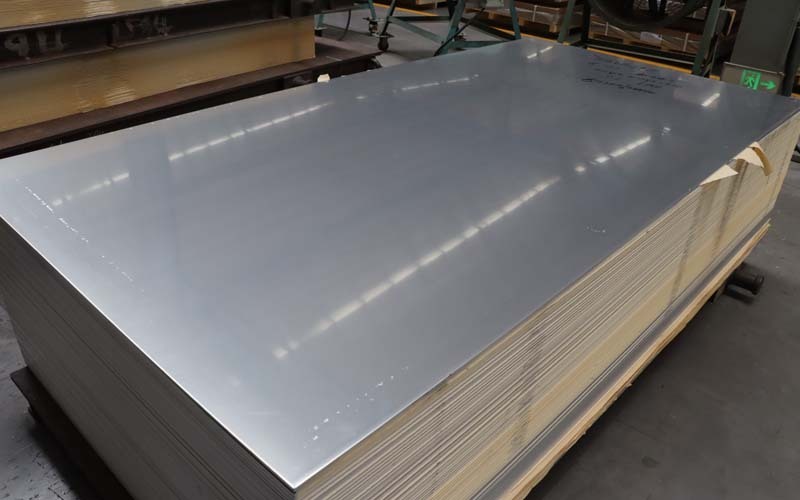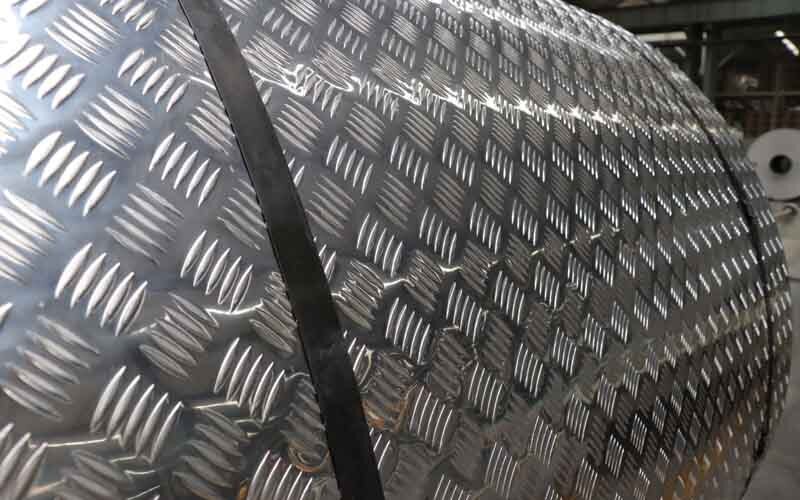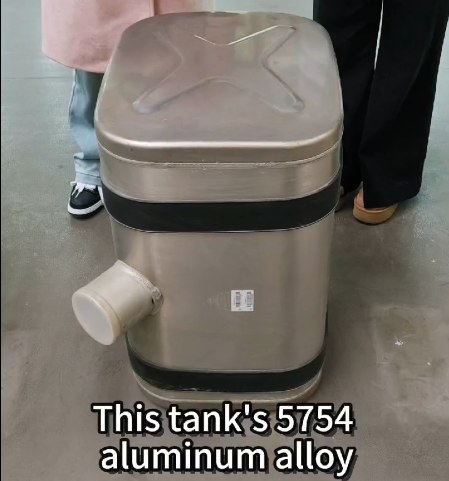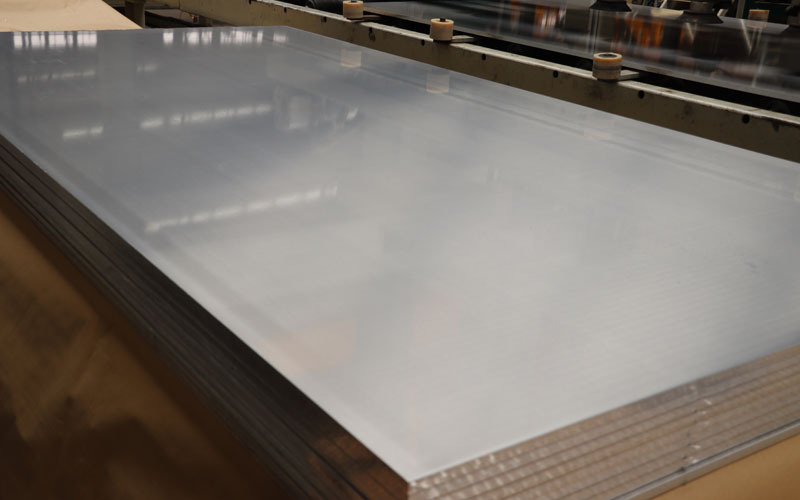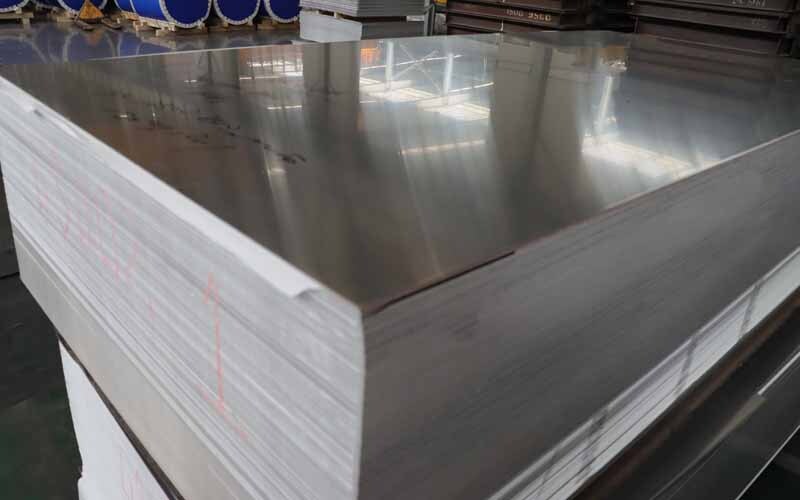I. Background of Anti-Dumping Investigation
On March 21, 2024, India's Ministry of Commerce and Industry (MoC&I) formally initiated an anti-dumping investigation into aluminum foils originating from or imported into China with a thickness of not more than 80 microns in response to a joint application by a number of domestic aluminum foil producers. The scope of products involved covers aluminum foil for capacitors (thickness ≤ 5.5 microns) and various types of industrial aluminum foil, involving 7607 series of customs codes. The Indian applicant alleged that China's aluminum foil had been dumped, resulting in substantial injury to the local industry in the form of shrinking market share and declining profit margins.
II. Preliminary Ruling and Provisional Duty
On August 28, 2024, India's Ministry of Commerce and Industry (MCI) issued a preliminary ruling on anti-dumping, finding that China's aluminum foil was significantly dumped, and recommending that provisional anti-dumping duties be levied on the products in question, with the duty rate ranging from USD 619 to USD 873 per ton. The ruling explicitly excludes nine categories of special-purpose products such as aluminum foil for non-capacitor use with a thickness of less than 5.5 microns and ultra-lightweight conversion aluminum foil. India's Ministry of Commerce and Industry pointed out that during the investigation period, Chinese exporters continued to dump aluminum foil at prices below normal value to India, and India's domestic industry suffered from declining capacity utilization and inventory backlogs during the same period.
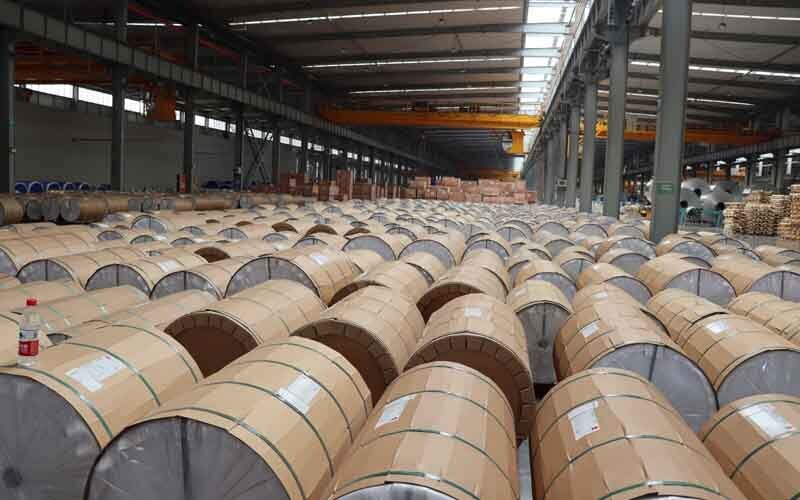
III. Characteristics of the Measures and Scope of Impact
1. Retroactive Duty Claim: The Indian applicant requested that the anti-dumping duty be imposed retroactively, and claimed that the duty should take effect from the date of initiation of the investigation in March 2024, in order to make up for the damages caused by the previous dumping.
2. Multi-country review: In addition to China, India initiated an anti-dumping interim review of Thailand's aluminum foil at the same time to examine whether the existing anti-dumping duties needed to be adjusted. Previously, India has implemented anti-dumping measures on aluminum foil from China, Indonesia, Malaysia and Thailand in 2021, with the highest duty rate of US$976.99/ton.
3. Industry chain related impact: aluminum foil anti-dumping measures and India's other aluminum products trade restrictions to form a superimposed effect. For example, in September 2024, India imposed anti-dumping duties of US$403~577/ton on the aluminum frame of Chinese solar panels, further tightening imports of processed aluminum products.
IV. Historical Measures and Industry Reactions
India's trade remedy measures against China's aluminum foil have continuity. As early as 2015, India launched an anti-dumping investigation on China's aluminum foil and imposed a five-year anti-dumping duty in 2017; it decided to extend the duty after the first sunset review in 2021, but it was terminated in 2022 due to the Ministry of Finance's failure to adopt the final ruling recommendation. This 2024 investigation is regarded as a continuation of India's aluminum industry protection policy, aimed at curbing China's aluminum foil's competitive price advantage in the Indian market.
V. Future Trends and Suggestions for Response
India's anti-dumping measures on aluminum foil may trigger a chain reaction:
- Rising compliance costs for enterprises: Exporters will need to provide complete cost data to cope with verification and face higher tariff burdens.
- Demand for market shift: Chinese enterprises may need to explore emerging markets such as Southeast Asia and Africa, or set up factories overseas to circumvent trade barriers.
- Upgrade of technical standards: India may strengthen the quality certification requirements for aluminum foil, forcing enterprises to improve the technical content of products to maintain competitiveness.
To sum up, India's 2024 anti-dumping measures against China's aluminum foil is a typical manifestation of its trade protection policy. Enterprises need to combine the historical cases with the current rules and formulate diversified market strategies to cope with long-term trade friction.
